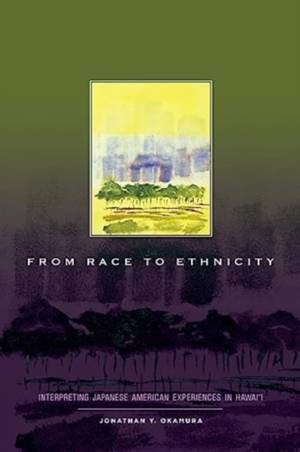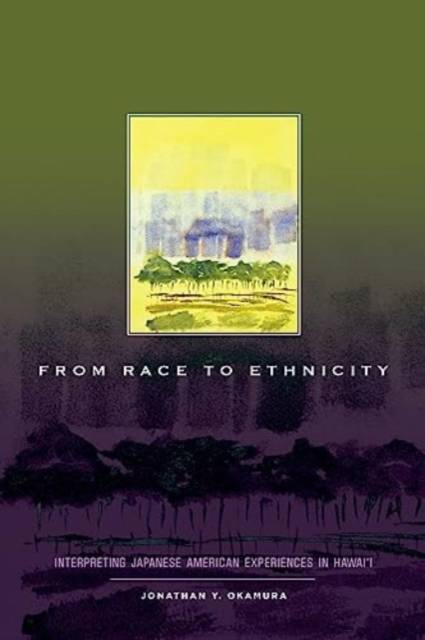
Bedankt voor het vertrouwen het afgelopen jaar! Om jou te bedanken bieden we GRATIS verzending aan op alles gedurende de hele maand januari.
- Afhalen na 1 uur in een winkel met voorraad
- Gratis thuislevering in België
- Ruim aanbod met 7 miljoen producten
Bedankt voor het vertrouwen het afgelopen jaar! Om jou te bedanken bieden we GRATIS verzending aan op alles gedurende de hele maand januari.
- Afhalen na 1 uur in een winkel met voorraad
- Gratis thuislevering in België
- Ruim aanbod met 7 miljoen producten
Zoeken
€ 42,95
+ 85 punten
Omschrijving
This is the first book in more than thirty years to discuss critically both the historical and contemporary experiences of Hawaii's Japanese Americans. Given that race was the foremost organizing principle of social relations in Hawai'i and was followed by ethnicity beginning in the 1970s, the book interprets these experiences from racial and ethnic perspectives. The transition from race to ethnicity is cogently demonstrated in the transformation of Japanese Americans from a highly racialized minority of immigrant laborers to one of the most politically and socioeconomically powerful ethnic groups in the islands.
To illuminate this process, the author has produced a racial history of Japanese Americans from their early struggles against oppressive working and living conditions on the sugar plantations to labor organizing and the rise to power of the Democratic Party following World War II. He goes on to analyze how Japanese Americans have maintained their political power into the twenty-first century and discusses the recent advocacy and activism of individual yonsei (fourth-generation Japanese Americans) working on behalf of ethnic communities other than their own. From Race to Ethnicity resonates with scholars currently debating the relative analytical significance of race and ethnicity. Its novel analysis convincingly elucidates the differential functioning of race and ethnicity over time insofar as race worked against Japanese Americans and other non-Haoles (Whites) by restricting them from full and equal participation in society, but by the 1970s ethnicity would work fully in their favor as they gained greater political and economic power. The author reminds readers, however, that ethnicity has continued to work against Native Hawaiians, Filipino Americans, and other minorities--although not to the same extent as race previously--and thus is responsible for maintaining ethnic inequality in Hawai'i.Specificaties
Betrokkenen
- Auteur(s):
- Uitgeverij:
Inhoud
- Aantal bladzijden:
- 272
- Taal:
- Engels
- Reeks:
Eigenschappen
- Productcode (EAN):
- 9780824897871
- Verschijningsdatum:
- 31/12/2023
- Uitvoering:
- Paperback
- Formaat:
- Trade paperback (VS)
- Afmetingen:
- 138 mm x 214 mm
- Gewicht:
- 362 g

Alleen bij Standaard Boekhandel
+ 85 punten op je klantenkaart van Standaard Boekhandel
Beoordelingen
We publiceren alleen reviews die voldoen aan de voorwaarden voor reviews. Bekijk onze voorwaarden voor reviews.












